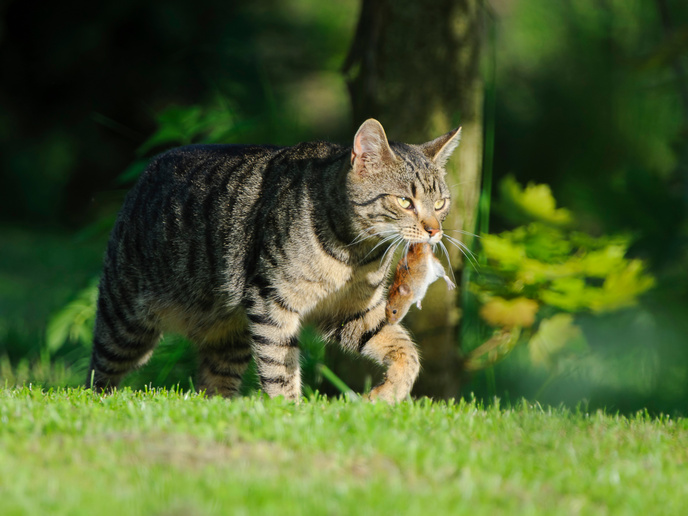Understanding bee personalities
Scientists have recently discovered that numerous animal, bird, reptile and even insect species have individual personalities. These define behaviours like willingness to explore new environments and could help species adapt to changing conditions. Related to this concept, the pace-of-life syndrome (POL) hypothesis predicts that different populations will have different physiological traits depending on their life histories. This hypothesis does not account for the contribution of personality, which is also linked to an individual's life history and physiology. The EU-funded COLONYPERSPOLS (Colony personality and pace-of-life syndrome in bumblebees) project used a bumblebee colony as a model to discover how colony-level personalities may form part of the characteristics used to define POL. To see how personalities differ at both the colony and individual level, researchers video-recorded individually marked bees in an artificial meadow containing plastic flowers. After allowing bees to acclimatise to foraging among one type of flower, they presented the colonies with a second flower of a different colour. Across both individual and colony levels, researchers found there was a link between willingness to explore new things and readiness to resume foraging after predation. This may be a result of well-defined personality traits like boldness or an affinity for new things. COLONYPERSPOLS also looked at how personality affects immunity of the bee colony. They introduced a disease-infected individual and analysed the colony's subsequent interaction patterns to see if they limited disease spread by changing the organisation of the colony. Finally, researchers studied 'self-medicating' bees that feed on alkaloid-containing nectar, which may protect them from infection. This knowledge could help to stem the currently seen decline of this vitally important pollinator.







